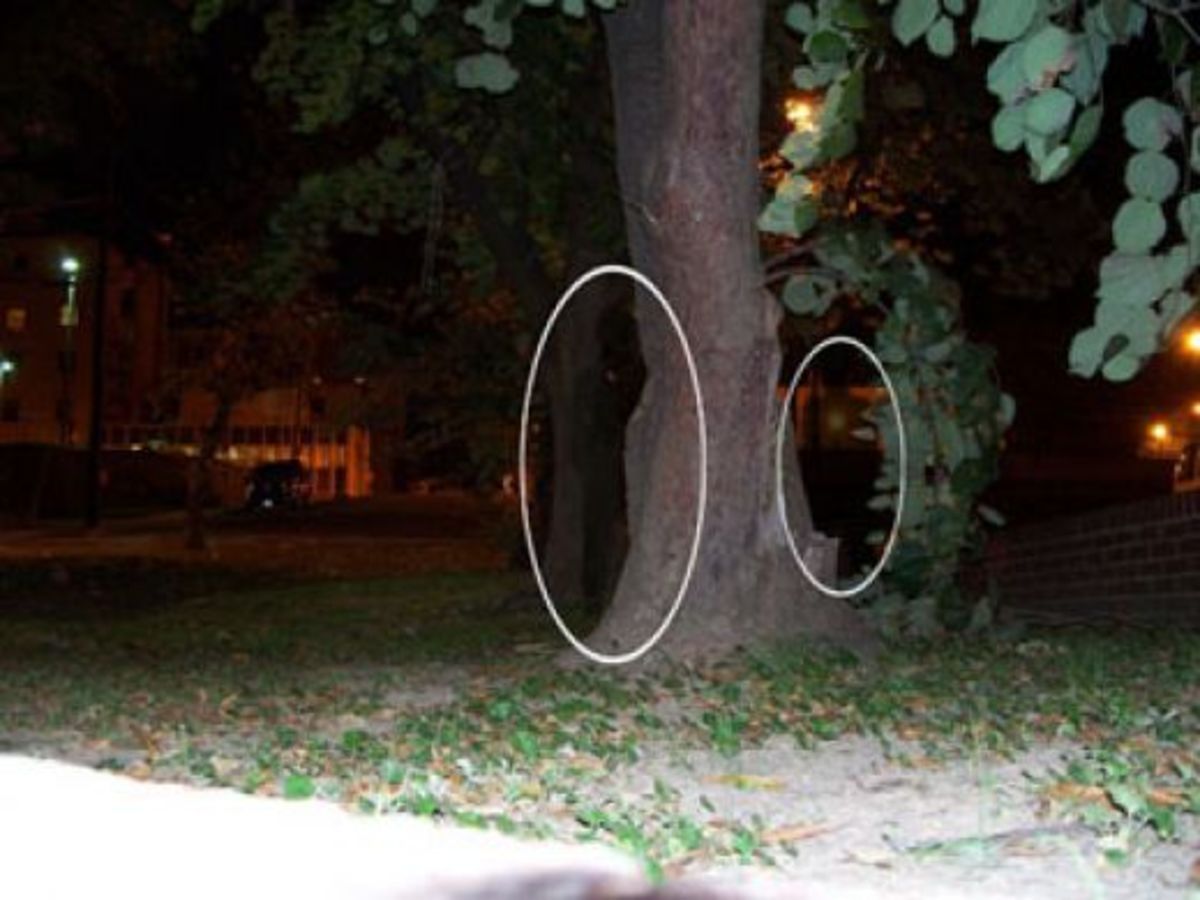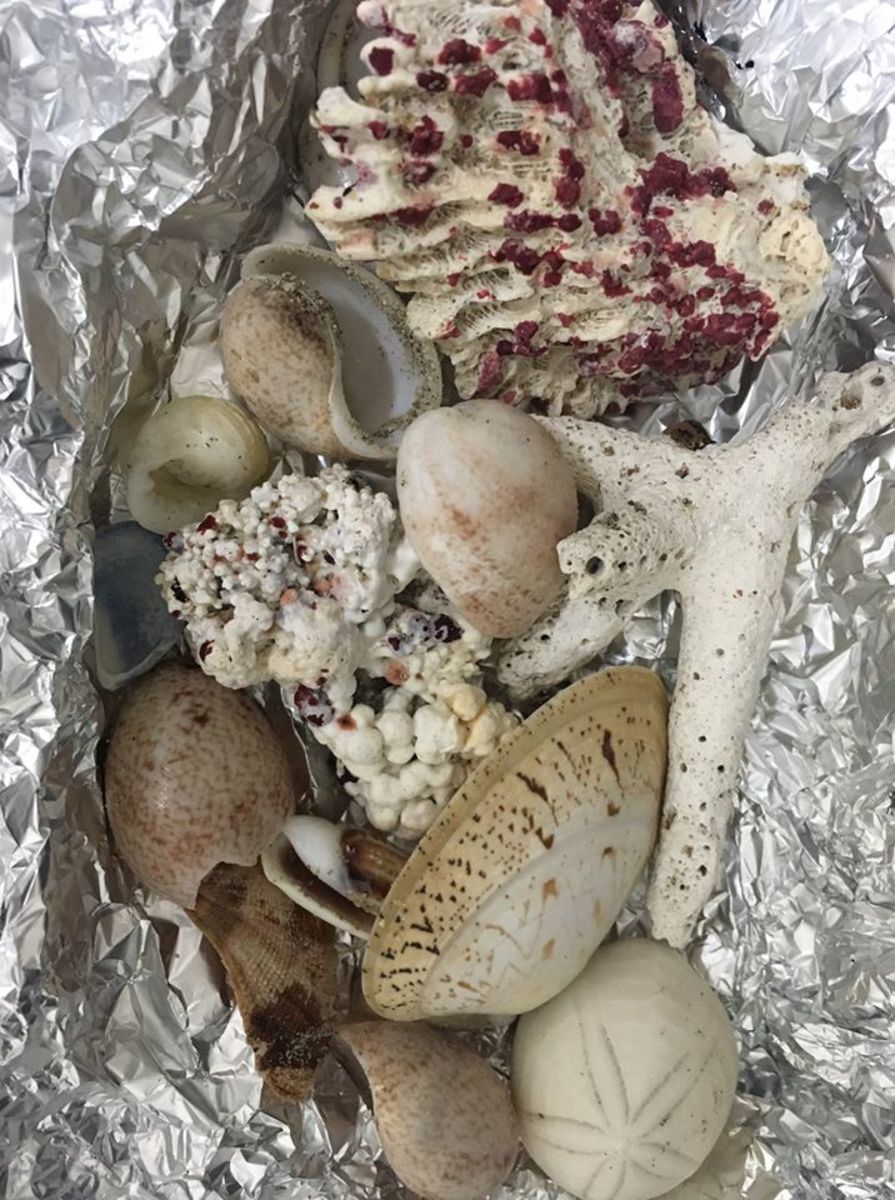Should You Try Salvia Divinorum? The Intense Hallucinations, Risks and Legality of Salvia

Most web-pages on Salvia seem to either rail against the "dangerous new drug" or preach the wonders of the divinorum experience (while often selling the extracts!). Neither point of view seem entirely credible to me because of such inherent bias, either for or against the substance.
The Salvia information on this page is neutral and strives to be factual. You must decide for yourself whether or not you wish to use the (still legal) hallucinogenic substance - Whether the risks are worth the rewards.
What Is Salvia Divinorum?
Salvia Divinorum is bar none the most potent psychoactive substance known to man (by weight). It no longer grows naturally except as a cultivar, and has been used for eons by the Mazatec Indians of Oaxaca Mexico in shamanistic rituals.
Shamans traditionally prepared the plant for ingestion by crushing the leaves into a juice and making a tincture. Salvia is used by the Mazatecs in religious ceremonies of purification and healing. Contemporary users are far more likely to smoke the dried leaves or an intensified extract of the leaves.
The psychoactive ingredient in Salvia is Salvinorin A. Although it is an incredibly potent substance, it does not appear to be toxic in any dosage, and animal model studies of Salvinorin A on rats did not reveal any physiological damage even in response to large administered doses.
How Is Salvia Taken?
Eating or drinking the leaves either does not work, or works very poorly, to deliver the active ingredient to the body.
Salvia can be taken in the form of a quid, which is a bundle of leaves held together in the mouth. With a quid, the user holds the leaves in the mouth for as long as they can, and the psychoactive Salvinorin is absorbed through the oral mucous membranes of the mouth.
Salvia can also be smoked, and this is the far more common means of delivery for contemporary "trippers". Users will either smoke the dried leaves or a concentrated extract of dried leaves. Salvinorin A is released at very high temperatures (240 degrees Celsius) so some smokers will use a torch to burn the leaves, and many prefer to cool the heated smoke through a water pipe or vaporizer, to reduce irritation to the lungs.
How Long Is the High?
The duration before and of onset varies depending on the means of administration. Chewing a quid results in a slower onset and a longer high – of up to 90 minutes. Smoking salvia results in an almost immediate high that will last at peak for only a few minutes, and will have subsided almost completely within about 15 minutes.
The onset after smoking is so fast that many users report peaking as they exhale the smoke they have been holding in their lungs.
Most users report feeling only a mild "afterglow" after a completed salvia trip, and hangovers are not associated with the non toxic drug.
What are the effects?
Salvia is very intense. The hallucinations are usually pleasant but can become overwhelming, or even frightening. Sensations can include:
- Becoming "one" with an inanimate object- like a table or chair
- Journeying through space
- Total insight and awareness of the world
- Out of body
- Multiple realities simultaneously
- A loss of conventional geometry
- A loss of "self"
- Unconventional feelings of gravity
Salvia is not a party drug. Experimenting with Salvia in an uncontrolled and boisterous environment is a recipe for a very bad time.
Because salvia can be associated with a loss in coordination, open flames, like candles, should be extinguished prior to tripping, and movement is not recommended. Driving while on Salvia is very dangerous. Most experienced users will recommend that the best place to do salvia is on a bed in a darkened room with a friendly and sober "sitter" making sure that things go OK.
Having a sober sitter guide the experience is very strongly recommended.
Dangers of Salvia?
Users high on salvia may fall over and hurt themselves. Obviously, due to a loss in coordination, any kind of driving or the operation of any machinery while high is incredibly dangerous.
Salvia hallucinations can also be scary or disturbing, and some people report that a bad trip leaves them feeling dysphoric for a while.
There are few long term studies of the drug, and so no one can rule out long or even short term harm effects, but at present the drug is though to be a non toxic and non addictive substance.
If you decide to do salvia though, you may not have a good time. To reduce the odds of a bad trip, think carefully about when and where you will try the drug, and make sure you are in a controlled and comfortable environment, that you don't need to go anywhere or do anything for a while, and you have a sober sitter to help you along.
Is Salvia Legal?
Salvia is currently legal in 39 states. Salvia is illegal in the following states
- Tennessee
- Louisiana
- Missouri
- Oklahoma
- Delaware
- Maine
- North Dakota
- Illinois
- Kansas
- Florida
- Virginia
The DEA calls Salvia a "Drug of Concern" and many other states are considering some form of legislation against the drug.
A short student documentary observing three people try Salvia for the first time
Who Uses Salvia?
No one really knows. A study done at the University of San Diego showed that 4% of students polled there had tried the drug.
How much does it cost?
Salvia is sold on the internet. Prices range from about 30$ an ounce for dried leaves, to a gram of 5x extract for about $15 to a gram of 60x extract for about $60. If you live in a jurisdiction that does not allow the sale of Salvia, buying over the internet is still illegal.
Drug Testing
Salvia will not show up in any drug test.
Should You Try Salvia?
Getting educated about the realities, risks and rewards of a salvia experience is a must do prior to journeying that shamanistic voyage. It is intense, and better thought of as a spiritual exploration than a recreational high.'
If you do try it, be prepared for extreme hallucinations, keep a sitter nearby and stay safe.
- marijuana withdrawal symptoms
How to beat tough cravings, insomnia, headaches and irritability after quitting marijuana.
Why you need a sitter...
- Erowid - Salvia Resource
A comprehensive site on salvia and drugs and drug use in general. A generally pro-drug attitude - many user reports and testimonials. A respected site.










